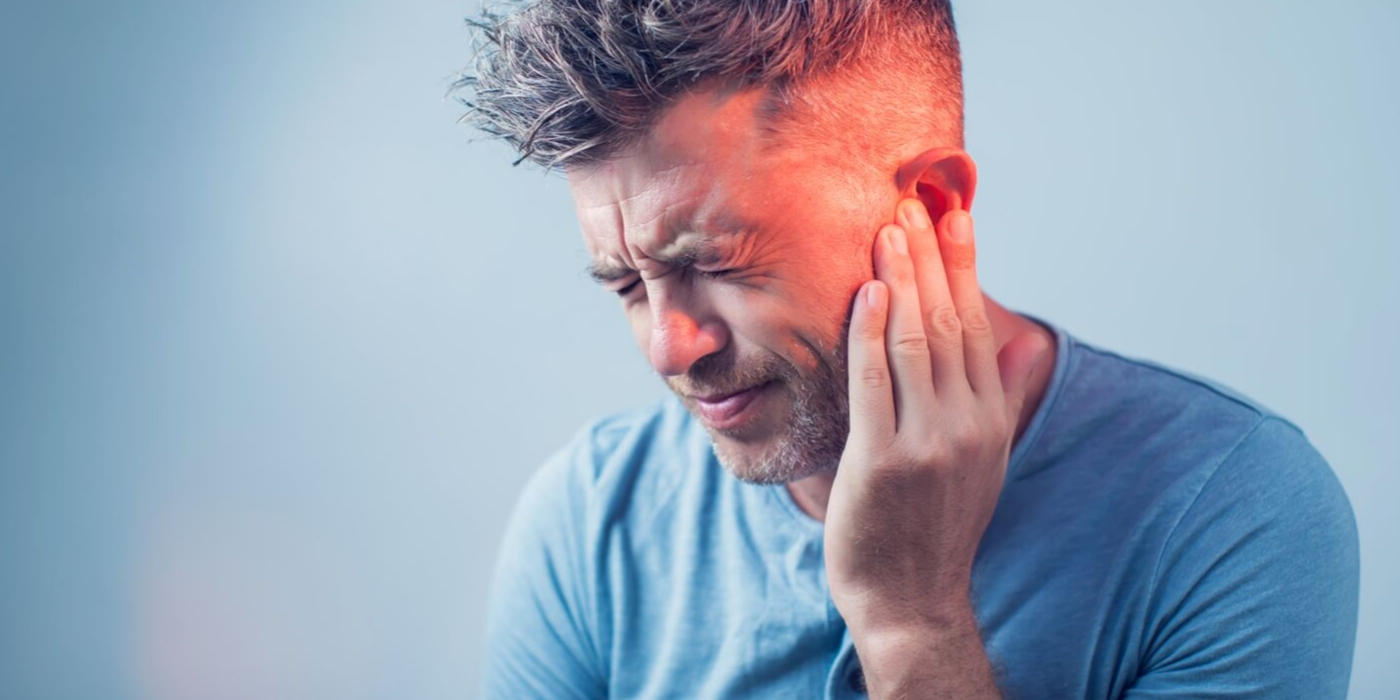Jaw (TMJ) Pain and Clicking
Physio for Jaw Pain And Clicking
Many people don’t realise that physio can help treat jaw pain and clicking. At The Physiotherapy Place we have physio’s who are specialist in treating jaw problems and any related neck pain that commonly comes with it.
What Is The TMJ?
The temporomandibular joint (TMJ) is the joint where the jaw bone (mandible) meets the skull. It can be felt just in front of your ears when opening your mouth. The TMJ contains a thin cartilage disc to help protect the bone surfaces.
Temporomandibular joint dysfunction (TMD) happens if there is a change in the normal function of the bones, ligaments, muscles, disc, or nerve components of the jaw. This normally results in pain and/or clicking in the jaw when opening and closing your mouth.
What does TMJ pain feel like?
Symptoms of TMJ dysfunction are:
facial pain
headaches
jaw clicking
jaw locking
ringing in the ears
tooth pain
neck or shoulder pain
facial tingling
teeth grinding
At its worst it can be one of the most debilitating problems to have and if not treated appropriately it can quickly spiral out of control.
What Causes TMD?
There are many causes of TMD including:
arthritis in the temporomandibular joint
whiplash
sports injuries
stress
trauma to the head
poor posture
habits such as chewing gum or nail biting
Any of these things can damage the structures within the TMJ causing pain, and if the disc becomes damaged this can lead to clicking or locking of the jaw.
Can TMD Be Treated?
Yes it can be. Like any joint in the body, a full assessment has to be made to discover what is causing the dysfunction and pain. Once we know the exact tissue involved and the reasons behind the problem occurring, then treatment can begin to resolve these issues.
Why is my jaw clicking?
A clicking jaw usually indicates that there is a problem with the disc mechanism within the TMJ. The disc acts as a cushion between the jaw bones and facilitates the smooth movement of bones against each other as we open and close our mouths. If the disc is damaged or being pulled out of alignment by connecting muscles then it can cause the clicking that you can feel in your jaw.
Can TMJ cause ear pain?
Yes. Because of the close proximity to the ear, pain in the TMJ can be felt as ear pain.
Can TMJ cause dizziness?
Yes, the TMJ is one of the many things that can cause dizziness. TMJ dysfunction is rarely an isolated problem, there are often issues with adjacent nerves and the upper neck so if any or all of these areas are under stress then dizziness might be one of the symptoms that develop.
What Can I Do Myself For TMD?
Here are some tips that you can try yourself at home to help your TMD:
If the muscles on your jaw or temples are sore, gently massage them with your fingers to decrease muscular tension.
Apply heat (hot water bottle) to tight and achey muscles around your jaw to reduce tension. If the TMJ is feeling hot and inflamed, use an ice pack for 10 minutes to reduce pain.
Proper positioning of jaw: keep your teeth slightly apart, lips together, tongue on the roof of your mouth, and breathe through your nose. Try to maintain this position as much as possible at rest.
Posture: keep chin tucked slightly towards your neck, with head and shoulders back to decrease stress on the upper neck and jaw joints.
What To Avoid When You Have TMD?
Things to avoid wen you have jaw pain and/or clicking:
Over-opening your mouth
chewing gum, biting nails, or chewing pen lids
clenching jaw and grinding teeth
Hard food like carrots and apples should be cut into smaller pieces
Smaller hard foods like nuts, toffee and boiled sweets.
What Will A Physiotherapist Do?
A TMJ specialist physiotherapist will help you understand and manage your TMD with hands-on treatment, education and exercise programs designed for your specific needs. Acupuncture and Gunn IMS are also excellent ways to release tight muscles and reduce pain in TMD. A dentist may also recommend a night splint to be worn to prevent excessive grinding of the teeth at night.

